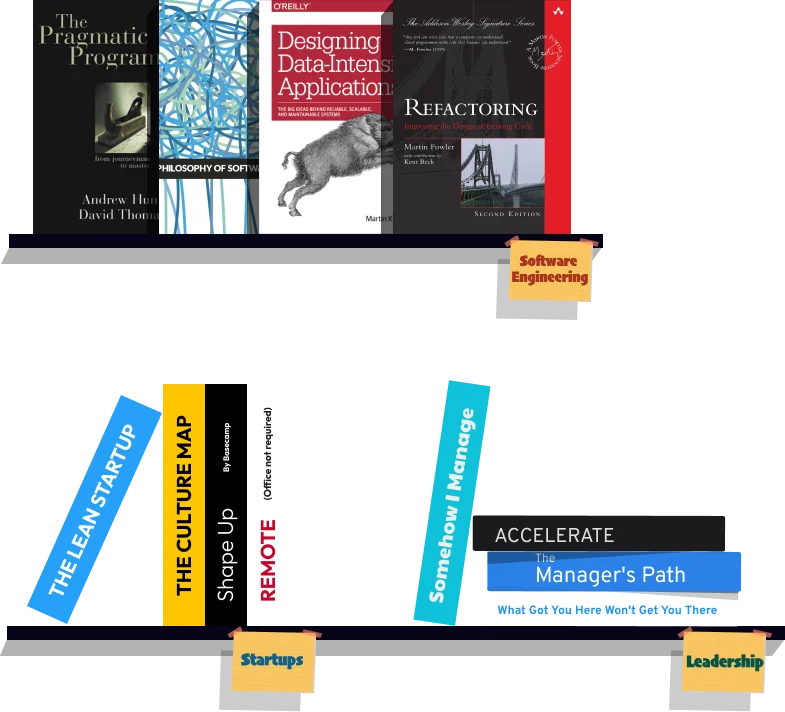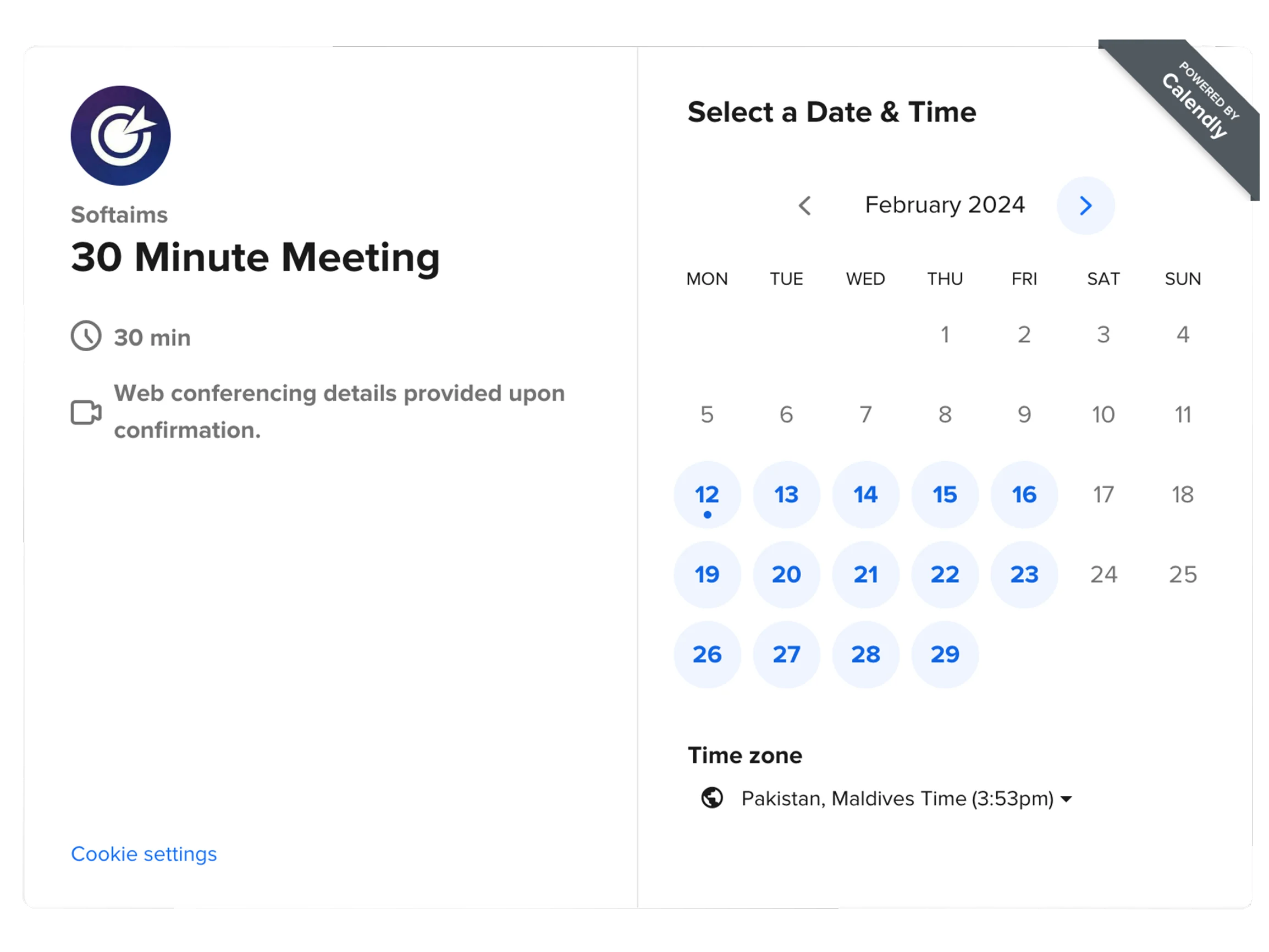The Enduring Importance of SQL
Structured Query Language, commonly known as SQL, is the standard programming language for managing and manipulating relational databases. Created in the 1970s, its longevity is a testament to its power and simplicity in interacting with vast amounts of structured data. In today's data-driven world, where businesses of all sizes rely on data for insights and decision-making, SQL remains a cornerstone technology. It allows developers and analysts to perform essential tasks such as retrieving, updating, and organizing data stored in databases like MySQL, PostgreSQL, and Microsoft SQL Server.
The demand for skilled SQL developers continues to be high because data is a critical asset for modern organizations. From e-commerce platforms managing customer orders to financial institutions tracking transactions, the ability to efficiently query and manage data is paramount. SQL's role extends beyond simple data retrieval; it is fundamental to data analysis, business intelligence, and the back-end of many web and mobile applications. The universal nature of SQL and its large, supportive community ensure its continued relevance and importance in the tech landscape.
Essential Skills for a SQL Developer
A proficient SQL developer must possess a strong command of the SQL language itself, including writing complex queries, stored procedures, and triggers. A deep understanding of relational database management systems (RDBMS) is crucial, with expertise in platforms like MySQL, PostgreSQL, or Microsoft SQL Server being highly sought after. Knowledge of database design and normalization principles is also fundamental to creating efficient and scalable database structures that minimize data redundancy and improve data integrity.
Beyond core SQL skills, a well-rounded developer will have experience with data modeling, ETL (Extract, Transform, Load) processes, and query optimization techniques. Familiarity with programming languages such as Python, Java, or C# is often required for integrating databases with applications. Strong analytical and problem-solving skills are essential for troubleshooting database issues and translating business requirements into technical solutions. Excellent communication skills are also vital for collaborating with other developers, data analysts, and stakeholders.
Finding and Attracting Top SQL Talent
To find skilled SQL developers, companies can leverage a variety of platforms and strategies. General job boards are a starting point, but specialized tech recruiting platforms often yield better results. Websites that connect companies with vetted freelance and full-time developers can streamline the search for qualified candidates. Networking within the tech community, attending industry events, and utilizing professional networks like LinkedIn are also effective ways to identify potential hires.
To attract the best SQL developers, it's crucial to have a clear and compelling job description that details the role's responsibilities and the required technical skills. Highlighting opportunities for professional growth, the interesting challenges the role presents, and the company's commitment to using modern data technologies can make a position more appealing. Offering a competitive salary and benefits package is also a key factor in attracting top talent in a competitive market.
The Interview and Vetting Process
A comprehensive interview process for a SQL developer should evaluate both their technical abilities and their soft skills. The technical assessment can begin with questions about fundamental SQL concepts, such as different types of JOINs, indexing, and normalization. Presenting candidates with practical coding challenges or real-world problem-solving scenarios can provide valuable insights into their query writing and optimization skills.
During the interview, it's important to ask behavioral questions to gauge a candidate's problem-solving approach, communication skills, and ability to work within a team. Discussing their past projects can reveal their experience and how they've applied their SQL knowledge in a practical setting. A thorough vetting process might also include checking references and, for senior roles, discussing their experience with database architecture and security.
Key Tools and Technologies in the SQL Ecosystem
The SQL ecosystem is rich with tools that enhance productivity and help manage databases effectively. SQL developers frequently use Integrated Development Environments (IDEs) and specialized editors to write and execute queries. Popular tools include Microsoft SQL Server Management Studio (SSMS), MySQL Workbench, Oracle SQL Developer, and DBeaver. These tools often provide features like syntax highlighting, code completion, and debugging capabilities.
In addition to query editors, SQL developers utilize various other tools for database design, administration, and performance tuning. For data visualization and business intelligence, tools like Tableau and Power BI are often integrated with SQL databases to create insightful reports and dashboards. Version control systems, especially Git, are also essential for managing database scripts and collaborating with other developers on database-related code.
The Importance of Normalization
Database normalization is a critical process in designing a relational database to reduce data redundancy and improve data integrity. It involves organizing the columns and tables of a database to ensure that their dependencies are properly enforced by database integrity constraints. By minimizing redundant data, normalization helps to save storage space and makes the database more efficient.
An unnormalized database can suffer from data modification anomalies, such as insertion, update, and deletion anomalies. These can lead to inconsistencies and a loss of data integrity. A properly normalized database, on the other hand, is easier to maintain and scale as the application's data requirements evolve. Understanding the different normal forms (like 1NF, 2NF, 3NF) is a fundamental skill for any SQL developer involved in database design.
SQL Query Optimization
SQL query optimization is the process of writing queries that execute as efficiently as possible to reduce the response time and minimize the load on the database server. A key aspect of optimization is the effective use of indexes, which allow the database to find and retrieve data much faster. Developers should avoid using SELECT * and instead specify only the columns they need, which reduces the amount of data that needs to be processed.
Another important technique is to write efficient JOIN clauses and to be mindful of the conditions in the WHERE clause to filter data as early as possible. Analyzing the query execution plan is a valuable practice for identifying bottlenecks and understanding how the database is executing a query. By applying these and other optimization techniques, developers can significantly improve the performance of their applications and ensure a better user experience.
Front-End Technologies and SQL
While SQL is a back-end technology, SQL developers often need a good understanding of how front-end technologies interact with the database. Modern web applications built with frameworks like React, Angular, or Vue.js communicate with a back-end server, which in turn queries the database using SQL. This interaction is crucial for creating dynamic and data-driven user interfaces.
A SQL developer's work directly impacts the performance and responsiveness of the front-end. Inefficient queries can lead to slow loading times and a poor user experience. Therefore, it's beneficial for SQL developers to have a basic understanding of web development concepts and to collaborate effectively with front-end developers to ensure that data is fetched and displayed efficiently. This synergy between front-end and back-end development is key to building robust and performant applications.
Database Management and Security
Effective database management involves a range of tasks beyond writing queries, including ensuring the security, availability, and performance of the database. SQL developers are often responsible for implementing security measures to protect sensitive data from unauthorized access. This can include managing user permissions, encrypting data, and implementing auditing mechanisms.
Regular backups and having a solid recovery plan are crucial for protecting against data loss. Database administrators and developers work together to establish and test these procedures. Monitoring database performance and identifying potential issues before they become critical is another key aspect of database management. This proactive approach helps to maintain the stability and reliability of the database system.
DevOps and Deployment
In a modern software development lifecycle, DevOps practices are increasingly being applied to database development and deployment. This involves automating the process of testing and deploying database changes, similar to how application code is managed. By incorporating database changes into a continuous integration and continuous delivery (CI/CD) pipeline, teams can release new features faster and more reliably.
Tools and practices such as infrastructure as code and automated schema migration scripts are essential in a DevOps environment for databases. This approach allows for greater consistency between different environments (development, testing, production) and reduces the risk of manual errors during deployment. SQL developers with an understanding of DevOps principles and tools are highly valuable as they can contribute to a more agile and efficient development process.
How Much Does It Cost to Hire a Developer?
The cost of hiring a SQL developer varies significantly based on factors such as their experience level, geographic location, and whether they are hired on a freelance or full-time basis. Developers in North America and Western Europe typically command the highest salaries, while developers in other regions may have lower rates. The complexity of the database systems and the specific domain knowledge required will also influence the cost.
Senior SQL developers with extensive experience in database architecture and performance tuning will be more expensive but can provide significant value in terms of leadership and expertise. Mid-level developers offer a good balance of skill and cost, while junior developers can be a more budget-friendly option, particularly for teams that can provide mentorship. Below is a table with estimated average annual salaries for SQL developers in various countries.
| Country |
Average Annual Salary (USD) |
| United States |
$98,524 |
| Canada |
$65,470 |
| United Kingdom |
$71,560 |
| Germany |
$59,160 |
| Australia |
$73,950 |
| India |
$10,000 |
| Brazil |
$23,000 |
| Colombia |
$20,000 |
| Ukraine |
$18,000 |
| Israel |
$88,900 |
When to Hire Dedicated Developers Versus Freelance Developers
The choice between hiring a dedicated SQL developer and a freelancer depends on the scope and duration of your project. For long-term projects that require ongoing database maintenance, development, and a deep understanding of your business logic, a dedicated developer is often the better choice. A dedicated developer becomes an integral part of your team, contributing to the long-term vision and stability of your data infrastructure.
On the other hand, for short-term projects with well-defined tasks, such as a one-time data migration, performance tuning of specific queries, or building a specific report, a freelance developer can be a more flexible and cost-effective solution. Freelancers can bring in specialized expertise for a specific need without the long-term commitment of a full-time employee. Platforms that specialize in connecting businesses with freelance tech talent can be a valuable resource in these situations.
Why Do Companies Hire SQL Developers?
Companies hire SQL developers because data is one of their most valuable assets, and they need skilled professionals to manage and extract value from it. SQL developers are essential for designing, building, and maintaining the databases that store this critical information. Their expertise ensures that data is organized efficiently, remains accurate, and is readily accessible for applications and analysis.
Furthermore, businesses rely on SQL developers to optimize database performance, which is crucial for the speed and reliability of their applications. They also play a key role in ensuring data security and implementing backup and recovery procedures to protect against data loss. In an increasingly data-centric world, the ability to effectively manage and leverage data is a significant competitive advantage, making SQL developers a vital part of any organization that handles significant amounts of data.
In conclusion, hiring the right SQL developer is a critical investment for any data-driven organization. By understanding the essential skills, tools, and best practices within the SQL ecosystem, and by conducting a thorough and thoughtful interview process, you can find a developer who will be a valuable asset to your team. Whether you need a dedicated developer for a long-term commitment or a freelancer for a specific project, the ability to effectively manage and leverage your data is fundamental to success in the modern business landscape.


































